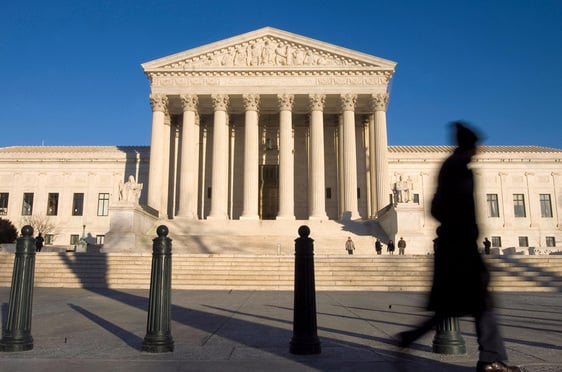On March 20, 2019, the Supreme Court handed down its decision in Obduskey v. McCarthy & Holthus, which sought to end a debate about whether the enforcement of security interests by non-judicial foreclosure is considered “debt collection” within the meaning of the Fair Debt Collection Practices Act (FDCPA), 15 U.S.C. §1692 et seq. Justice Breyer, writing for a unanimous court, upheld the lower courts’ determinations that the foreclosing law firm in a non-judicial foreclosure was doing “no more than” enforcement of a security instrument and was thus not a covered “debt collector.” Although the Justice’s conclusion is based on a straight forward textual analysis, it is overly academic, detached from the realities of debt collection, and misses the obvious intent of this important consumer protection law.
The FDCPA defines a debt collector as “any person … in any business the principal purpose of which is the collection of any debts, or who regularly collects or attempts to collect, directly or indirectly, debts.” 15 U.S.C. §1692a(6). The Justices agree that this primary definition would clearly cover law firms seeking to enforce a foreclosure claim, judicially or non-judicially, were it not for a single clause at the end of the definition: “[f]or the purpose of section 1692f(6) of this title, such term also includes any person … in any business the principal purpose of which is the enforcement of security interests” (emphasis added). The Court concludes that non-judicial foreclosures seek only to enforce a bank’s security interest in the mortgaged home, and so this “limited-purpose definition” applies to law firms engaged in non-judicial foreclosures. Thus, the majority of the provisions of the FDCPA no longer apply to law firms foreclosing on homes in non-judicial foreclosure states. The Court does not, however, extend this ruling to judicial foreclosures; foreclosing law firms in judicial foreclosure states remain subject to all the provisions of the FDCPA.


 Supreme Court building. February 7, 2007. Credit: Diego M. Radzinschi/LEGAL TIMES.
Supreme Court building. February 7, 2007. Credit: Diego M. Radzinschi/LEGAL TIMES.




